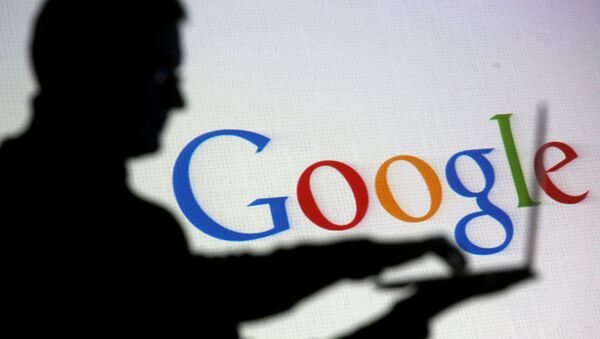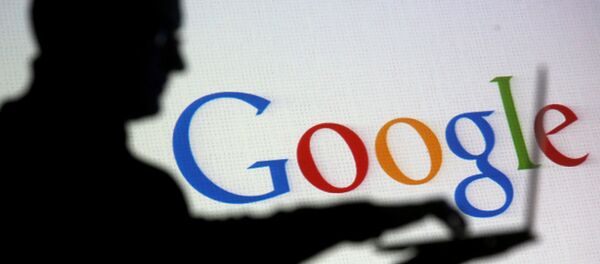The WSJ revealed in an article published on Monday that Google is allowing outside parties as well as its employees to read private messages belonging to Gmail users, despite the company's 2017 promises to end the practice.
According to the report, Gmail users most likely to have their emails read are those that signed up for "email-based services" that offer "shopping price comparisons" and "automated travel-itinerary planners," Business Insider reported Tuesday.
But the entire issue is much bigger than what WSJ is revealing, Epstein told Radio Sputnik's Loud & Clear on Tuesday.
"The problem with Google is that… at least hundreds of people at Google, in order to do their job, have to have full access to our entire profiles, including all of our emails," the research psychologist told show host Brian Becker. "This problem is just huge, it goes way beyond what's in the Wall Street Journal."
When Becker remarked that the new revelations weren't surprising, Epstein recalled the 2010 announcement of a Google employee, David Barksdale, who went too far and used his credentials to access the communications of four minors with Google accounts. He was ultimately fired for violating Google's privacy policy.
"But that's the culture, and the culture in tech, generally speaking is, of course, surveillance… we don't really know all the different ways in which the content of our emails and other information that's collected about us… is being used," Epstein stressed.
Going further into the inner workings of Google, Epstein further revealed that the search engine still maintains access to emails deleted by Gmail users.
"If you dig deep into Google's own materials you'll find that when you delete material, all that's happened is that you can no longer access it," Epstein said. "Google's own official material, including terms of service and privacy policy, shows that they say that it could take up to six months for them to delete the material and that there could be delays after that — and after that, if you keep reading the contract material, they can keep the material indefinitely if they have reasonable cause."
Oh, and clearing one's history also does absolutely nothing to protect your privacy, Epstein told Becker.
"When you clear your history, you can no longer access your history. Period. The same thing applies," he said.
But Epstein had even more shocking information to reveal.
"When it comes to the emails, it's not just those crazy emails that you've sent," he said. "Think about the emails that you start to type and you say ‘No way I'm sending this,' so you just delete it, you don't even send it. Guess what? They preserve those as well."
Well, time to go back to pen and paper, eh?
"We live in a surveillance society, we've made that okay with our laws, we have no protections against it… we're talking about something far creepier than ‘Brave New World'… far creepier than ‘1984.' It's already here," Epstein concluded.




